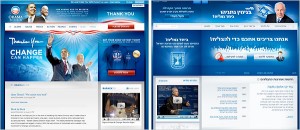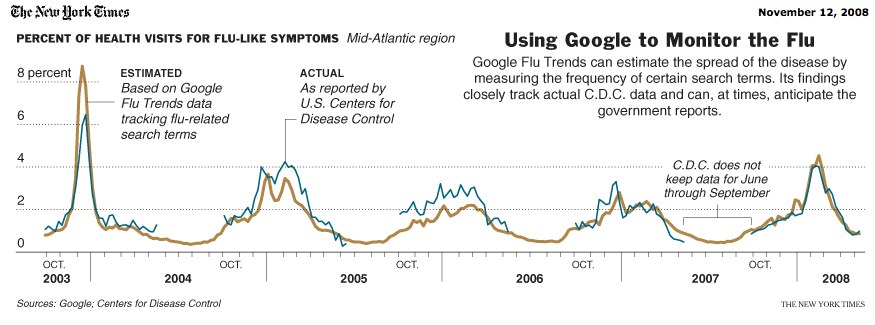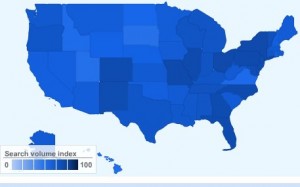Obama’s Classic and Jazz
December 10th, 2008 — Bruce EtlingThe best tools in the world do not build a house–skilled carpenters do. (Paraphrasing Marshall Ganz)
Social organizer extraordinaire Marshall Ganz from the Kennedy School and Jeremy Bird of Obama for America are talking today about the Obama campaigns technological organizing as the kick off session of Berkman’s 2008 Internet & Politics event. Love that Marshall started out with a quote by Tocqueville and the process of combination of ideas as a transformative experience as opposed to just aggregation of disparate ideas. Marshall says three things are needed in successful social movements:
Leadership;
Community building to create collective agency, and;
Power.
The Obama campaign made a great investment in terms of building social capital through the grass roots compared to previous campaigns. Shared values are critical to social movements–because they are the source of motivation. Creating peer commitments to one another moves social movements beyond just aggregation. Structure behind the movement in Obama campaign was critical. Thousands of trained leaders who then trained others and created structures that led to success. Do not have to have bad group experiences (which we’ve all had, likely in grad school) by properly training leaders.
Adaptation is the most creative and purposeful part of campaigns: Elect Obama President. The structure of the org allowed that to happen.
Shared action also important. Mobilization and deployment of individual resources required for change and success. In a campaign outcomes are clear and explicit–get obama elected, contact voters, get them to the voting booth. To what extent, how, and in what way can this new technology help improve governance now is the unanswered question.
Jeremy was a graduate of the divinity school about six years ago and this is his first time back at Harvard. He loves John Palfrey’s classical and jazz thesis to explain use of technology in campaigns and riffed off it several times (pun intended). Jeremy argues that the Net is the organization, but not necessarily the engine. He talked about three states that showed the interdependence of technology and classic campaign skills can be combined. South Carolina: Not the most tech savvy in the nation. Jeremy thinks back to April 11, 2007, two days before the primary, the campaign decided to ask ticket holders to give the campaign their cell phones so that they could text. This was under-reported according to Jeremy at the time but now a big story including the announcement of VP, but more importantly having those numbers allowed the campaign to text supporters to motivate them and get them involved.
Fast forward to Maryland 14 days before the election where a lot of people had organized themselves through tech tools built in Chicago. 1200 people in montgomery county alone signed up in 24 hours through myobama.com to volunteer for get out the vote (GOTV) efforts. The Net meant that GOTV effort allowed Obama campaign to contact each targeted voter three times before the election. Organizers had tools that created an accountable community that allowed classic campaign techniques and jazz of the Internet to come together.
Jeremy also talked about Ohio, where I grew up, and follow closely politically. The campaign started to shoot all kinds of video in Ohio because it told the story of the campaign and what they were doing–but always connected it to a follow up action that was required for the campaign. Sounds to me like a motivational tool, which may have been Obama’s greatest strength as a candidate and leader.
The website voteforchange.com was also critical to voter registration–700,000 individuals downloaded the registration forms and organizers used it to contact those voters. It actually became a great base of people to recruit volunteers from because they were largely young people registering to vote for the first time and they were motivated to help Obama win.
Jeremy also noted that the online tools designed with field people and organizers by getting sitting down together.
Remaining questions are:
How do you develop leaders in the online space? The person to volunteer to lead a group is often the worst person to lead. So need to figure out how to do this training and leader identification remotely and online. Marshall is planning to teach his popular organizing class at the Kennedy School online.
Biggest remaining question is how to use the Internet and this social movement to help govern–something we’ll hopefully start to figure out together over the next couple days.











 Click Here
Click Here